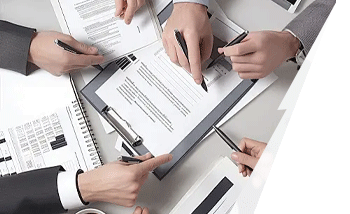Food Safety in China: A Practical Guide for Travelers
Eating in China is generally safe, especially at reputable restaurants in big cities and popular tourist spots. Street food is also popular and mostly safe, but it’s wise to pay attention to hygiene. Avoid raw or suspiciously prepared foods from unknown sources.
1.How to Avoid Unsafe Food in China
Stick to reputable restaurants. When choosing seafood or other ingredients, check high-rated vendors on TripAdvisor or Dianping to make sure you’re eating somewhere reliable.
2.Can I Drink Tap Water in China?
No, tap water in China is generally not safe to drink, especially in rural areas. It’s best to stick to bottled water. Most hotels provide bottled water or electric kettles, so you can either drink bottled water or boil tap water before drinking. Avoid drinking tap water directly.
3.Halal Food Options for Muslim Travelers
Most cities in China have halal restaurants offering a variety of Muslim-friendly dishes. Look for the halal sign when choosing a restaurant.


4.Vegetarian Options in China
If you’re vegetarian, tell the waiter: “I’m a vegetarian, please don’t add meat or lard.” Most restaurants will accommodate. For strict vegetarians, “vegetarian Buddhist” restaurants are widely available in Chinese cities, offering delicious vegetable and tofu-based dishes that can mimic the taste and texture of meat.
5.Fresh Fruits and Vegetables
Wash fresh fruits and vegetables before eating. They may have pesticide residues on the surface, so cleaning them thoroughly is important.
6.Food Allergies
If you have food allergies, learn some basic Chinese phrases to communicate your needs to restaurant staff, such as “I’m allergic to seafood.”
7.Prepare a Food Allergy / Dietary Card
Carry a card in Chinese and English that clearly states your dietary restrictions or allergies, for example:
- “I am allergic to peanuts. Please do not serve me any food containing peanuts.”
- “I am vegetarian. I do not eat meat.”
- “I cannot eat spicy food.”

